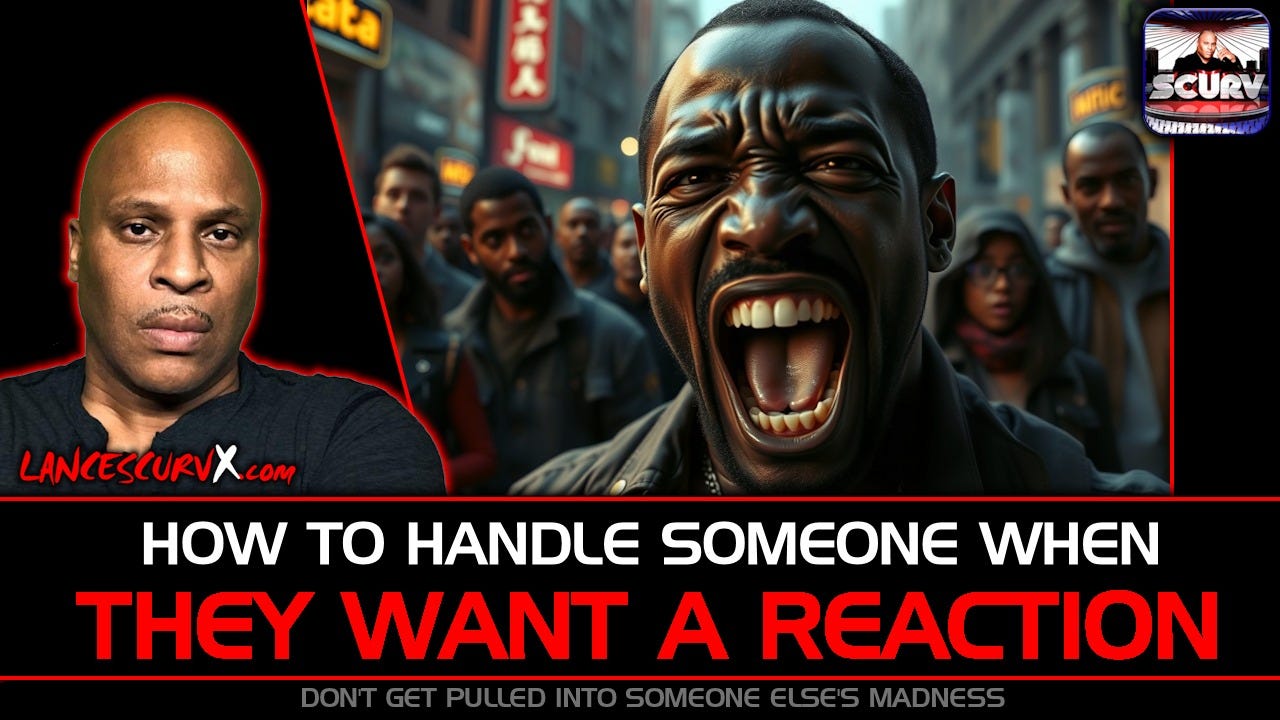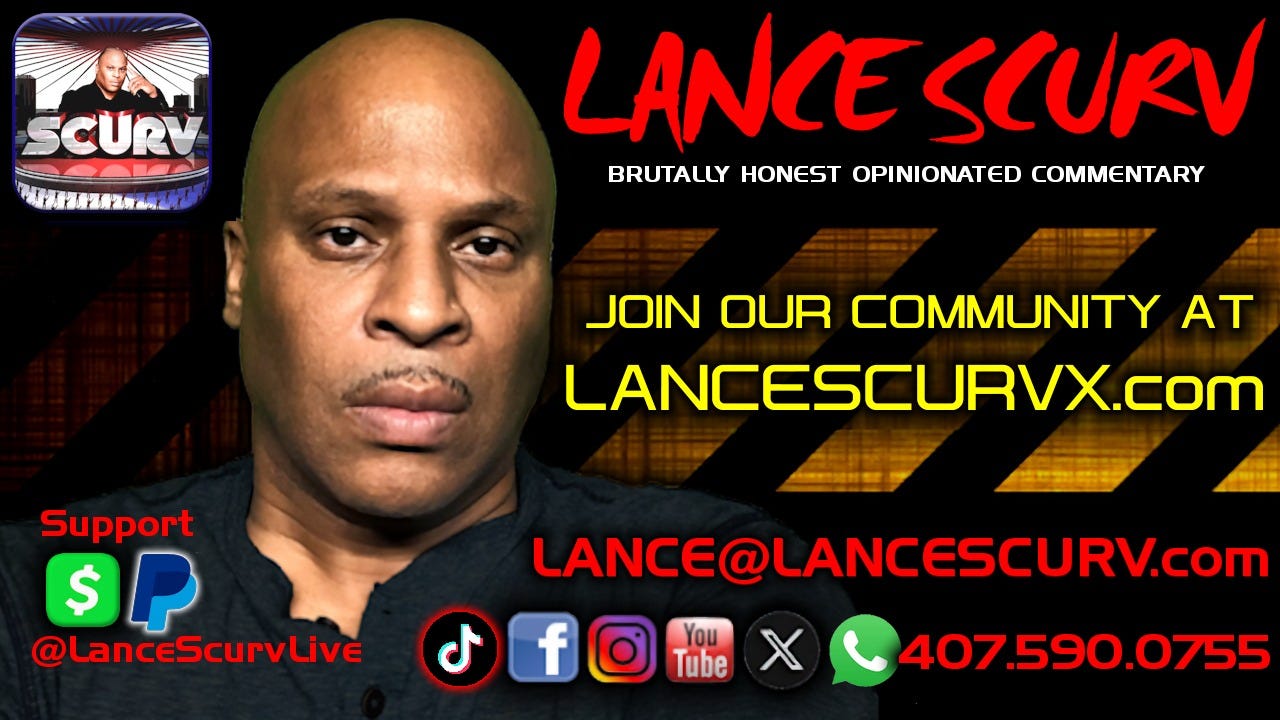We live in a world that stays on edge, especially in America. Stress hits us from every direction—money problems, family drama, work pressure, and the heavy weight of society pushing down on us. For Black people in particular, the pressure feels doubled. Every day can feel like a fight for respect, peace, and emotional survival. When someone comes at you the wrong way, it’s easy to react from pain instead of power. These words are meant to help you handle those tense moments without losing yourself.
Many of us grew up watching conflict explode around us. We saw people get loud, emotional, and sometimes violent when they felt challenged. But no one taught us how to rise above that storm and stay in control. It is not weakness to stay calm. It is a higher level of strength. It is the power to protect your peace in a world that tries to take it from you. When communication turns stressful, it helps to know the difference between reacting and responding.
Most arguments in our homes, our relationships, and our community happen because we absorb too much. We take in people’s words like punches. We let their tone, their attitude, and their insults fill us up until we overflow. But there is another way to handle conflict—one that gives you power instead of stealing your energy. This article will teach you to observe instead of absorb, to breathe before speaking, and to say less so your words stay sharp and clear.
In the Black community, we often carry pain that isn’t even ours. Generations of stress sit on our shoulders. So when someone steps to us the wrong way, the reaction can come out strong, even when we don’t want it to. That’s why learning these tools is vital. They help break the cycle. They help us think, not just react. They help keep us from saying things we can’t take back.
By the time you finish reading, you will understand how to stand your ground without losing your peace. You’ll know how to keep control of your emotions in any high-stress conversation. And you’ll learn how to communicate at a level that protects your dignity, your mental health, and your spirit. Let’s go.
The key to handling conflict is not what you say. It is what you observe. Most people think arguments are won with the mouth, but real strength comes from knowing how to watch what’s happening without letting it take over your body. When conflict hits you, your nervous system reacts before your mouth does. If you absorb everything someone throws at you, you lose control. But when you observe instead, you step into a higher level of awareness. You see the behavior without letting the behavior enter your spirit.
Think of your mind like a shopping cart. When someone disrespects you, you don’t have to put their words in your cart. You don’t have to take in their tone, their side-eye, or their attitude. Too many of us carry around emotional items that were never ours to pick up. When you absorb everything, you check out mentally, and the emotions check in. Then the emotions run the show. That’s when arguments explode. But when you observe, you stand outside the storm instead of inside it. You stay clear enough to choose your next move.
Observing means asking yourself, “Why are they saying this? What are they trying to do? What is the real intent behind their words?” When you look at conflict like a scene in a movie, you stop taking it personally. You become the watcher instead of the victim. You see the plot. You see the setup. You see the motive. And once you observe the person in front of you with a calm mind, you take back control of the situation. You become the director instead of the actor who is getting pushed around by the script.
The next step is your breath. Your breath is the first word you speak. When someone comes at you, your breath slows down your body and tells your mind to stay in control. Most people rush to respond. They jump in fast, interrupt, and let their emotions take the wheel. But when you put a breath before your words, you show yourself—and the other person—that you are choosing what to say. You are regulating yourself. You are setting the pace. No one can force you to speak faster than you want to.
Your breath places a small wall of protection between you and the chaos. It keeps your voice calmer. It slows your heartbeat. It keeps you grounded. A simple double inhale through the nose, followed by a slow exhale, can bring your stress down fast. It signals to your body that you are safe. When you breathe before you speak, your words come out cleaner, clearer, and stronger. You show that you are in control, not driven by emotion.
Another tool is learning to say less. When you talk too much during conflict, you give the other person too much material to twist. A short answer is powerful. A long answer gives openings, assumptions, confusion, and more drama. If someone asks you a question, answer only that question. Keep it simple. Keep it focused. Keep it clean. Long explanations often come from fear, not strength. But short, clear answers show confidence and self-control. They leave no room for misunderstanding.
When you give someone too many words in a heated moment, they will choose the part they can fight with and ignore the rest. You’ve seen this happen in text arguments—one long message from you turns into one short response from them that dodges everything. The same thing happens in real life. The more you say, the more someone can twist. But when your answer is clear and short, they have nothing to use against you. You protect yourself with your silence as much as with your speech.
These three steps—observe, breathe, and say less—create a shield around your spirit. They give you power in moments when most people lose themselves. They help you rise above the emotional pull of conflict. They give you the strength to stay calm in a world that tries to break you. They keep you from absorbing disrespect into your soul. And they help you communicate with intention, clarity, and confidence.
MY FINAL THOUGHTS…
High stress is the reality of life in America, and it hits our community harder than most. But with the right tools, you can learn to communicate in a way that protects your peace. You can be firm without being frantic. You can be strong without being loud. You can stand your ground while staying in control of yourself. When you learn to observe instead of absorb, you stop letting other people’s pain become your burden.
Your breath is your anchor. It helps you stay rooted in the middle of emotional storms. When you breathe before you speak, you slow everything down. You give yourself room to think. You create space for clarity. And you show the world that you choose your words with intention. This is the type of calm that comes from inner strength, not weakness.
Your silence is also a tool. Not every situation needs long explanations or emotional paragraphs. Sometimes the strongest thing you can say is a short, direct answer. It keeps you steady. It keeps you focused. And it keeps the other person from pulling you into confusion or chaos. Say less, but mean every word.
We all deserve peace. We all deserve to communicate from a place of strength instead of fear. In a world that pushes us to react, choosing to stay in control is a radical act of self-care. These tools give you the power to rise above the noise and protect your mental and emotional health.
Carry these lessons with you. Use them at home, at work, in relationships, and in every tough conversation life brings your way. You have the power to stay calm, stay grounded, and stay in control—no matter who comes for you. Use that power well.













